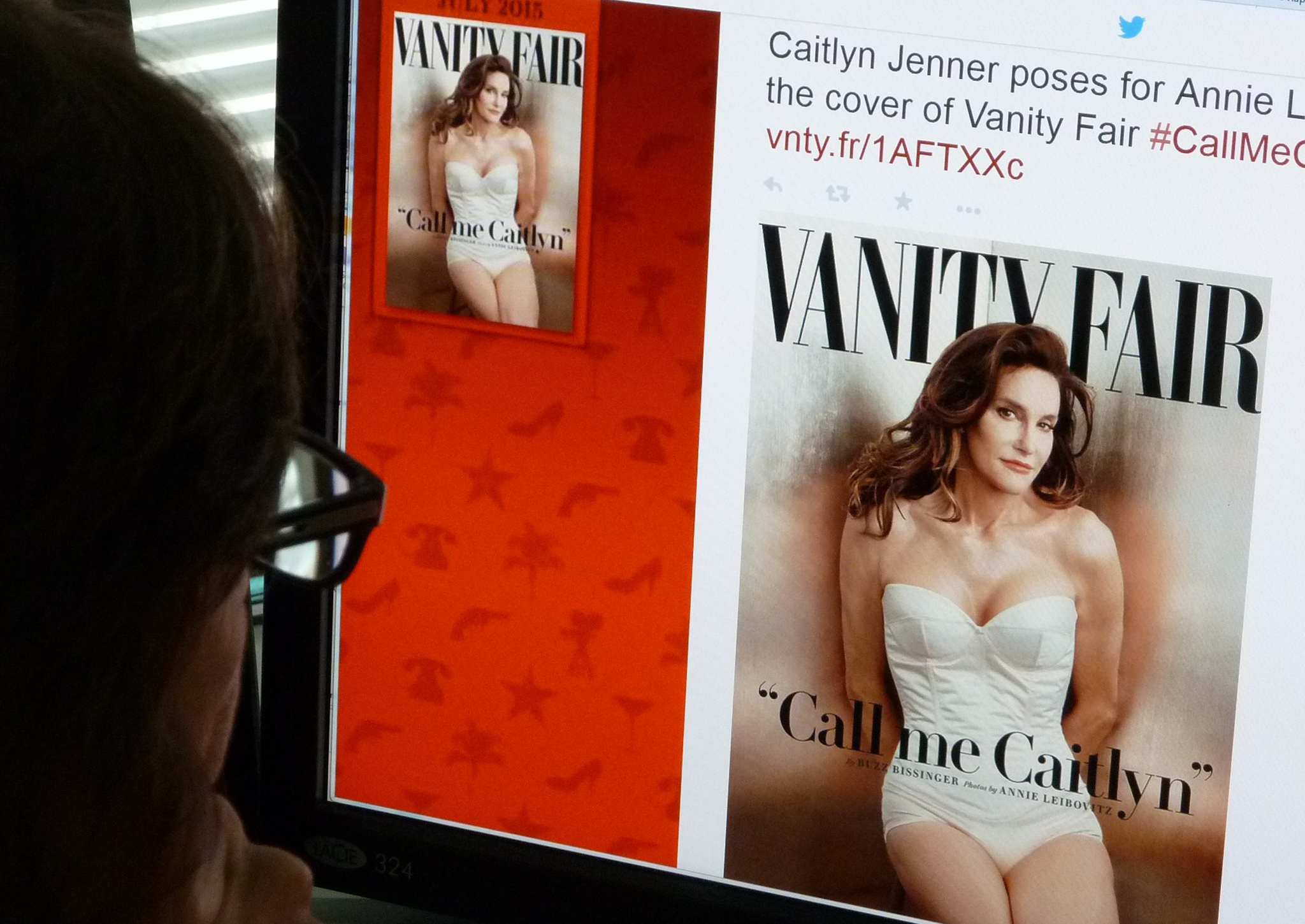I'm non-binary and transgender - but the government can't officially recognise me
Why does the government refuse to allow people to officially live as non-binary? Apparently, it’s because of the Equality Act

It’s not always easy for people to understand what it means when I say that I am a non-binary person. It tends to lead to confused looks, followed by me sitting down for a 30-minute Q and A session with whichever friend I’ve just come out to. To put it simply, being non-binary means that I identify as neither a man nor a woman. And yes, that still makes me transgender.
Most people have a binary understanding of transgender people – or people in general. The idea is that someone has to live their life either as a man or a woman, leaving non-binary people often having to face the fact that their friends and family simply don’t believe their gender identity exists. The government, on the other hand, does believe that non-binary gender identities exist - but it doesn’t want to do anything to support them.
The Ministry of Justice’s reply to a petition calling for transgender people to be allowed to self-define their legal gender was evidence of this. To change your legal gender currently, you must pay £140 for the privilege of going in front of the Gender Recognition Panel who consider your case. Your case must also involve transitioning physically either from male to female, or from female to male. UK law does not recognise non-binary gender identities and the Gender Recognition Panel will not provide certificates declaring that a person identifies as non-binary.
Why does the government refuse to allow people to officially live as non-binary? Apparently, it’s because of the Equality Act. In their own words: “The Equality Act 2010 protects people from discrimination if it arises from their being perceived as either male or female. We recognise that a very small number of people consider themselves to be of neither gender. We are not aware that that results in any specific detriment, and it is not Government policy to identify such people for the purpose of issuing non-gender-specific official documents.”
It is a bit of a mystery as to what the government considers to be a specific detriment. The numerous stories of doctors being ignorant to non-binary medical needs to help people transition ? That’s a specific detriment. Not wanting to medically transition because it might raise too many questions about your legal gender identity ? That’s a specific detriment. Because yes, some non-binary people might want to take hormones or have surgery to make them feel more comfortable in their body, and to make it more accurately reflect their ungendered status. Being able to access medical help for this is hugely important.
Finally, being excluded from a legal framework that we all have to participate in ? That’s a specific detriment. This is all discrimination.
I have sat in meetings arguing for the adoption of transgender policies while keeping my own trans identity quietly hidden away. I have been told that people won’t use my preferred pronouns because they/them is not ‘grammatically correct’, because grammar is apparently more important than human beings. All of these examples add up and take their toll on non-binary individuals.
It would be extremely tricky for a non-binary person to consider complaining about someone discriminating against them. They wouldn’t be able to use the Equality Act. In fact, because non-binary gender identities are not legally recognised, they wouldn’t be able to use any legislation relating directly to their gender. And I’m not aware of any statistics on discrimination against non-binary individuals. Without legal recognition, it’s hard to collect information about the experiences of non-binary people, meaning that there’s no evidence that they need to be legally recognised. An impossible and endless circle with trans people losing, as always.
It shouldn’t be the size of a group that determines whether the government gives them legal recognition but the fact that these individuals are people. While having to document one’s gender in itself seems reductive, if we have to do it, we may as well be given the option to do it accurately, as a reflection of our truest selves.
Every trans person wants to feel safe outside of their front door and inside of their home. Giving non-binary identities legal recognition isn’t the magical answer to this (if only it was) - but it could be a small step to make life for non-binary people that little bit easier and little bit safer.
Join our commenting forum
Join thought-provoking conversations, follow other Independent readers and see their replies
Comments
Bookmark popover
Removed from bookmarks